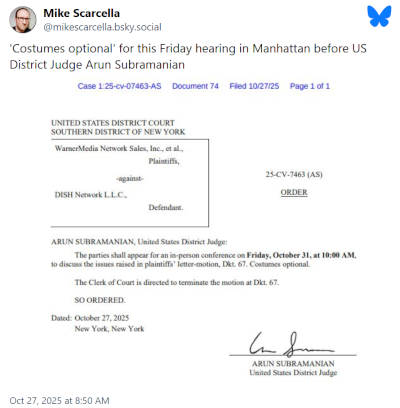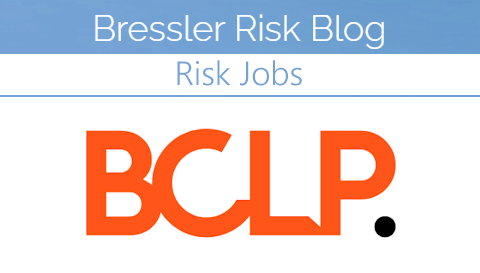BRB Risk Jobs Board — Conflicts Attorney (Perkins Coie)
Posted onIn this BRB jobs update, I’m pleased to highlight an opening at Perkins Coie: “Conflicts Attorney” —
- Perkins Coie is looking for a dynamic, qualified individual to fill a Conflicts Attorney position performing conflicts analysis on new business and firm lateral hires, and advising firm lawyers on conflicts of interest issues.
- The Conflicts Attorney will independently review, research, and resolve conflicts issues related to firm new business and staff personnel and ensure compliance with ethical standards in all jurisdictions as well as firm policies.
- For purposes of complying with Export Control laws, candidates must be U.S. citizens or lawful permanent residents.
Essential Functions
- Analyze conflicts of interest on new business and firm lateral hires. Resolve issues that arise in such matters, including when drafting waivers/consents and advising on ethical issues relating to withdrawal and screening.
- Act as a legal advisor to firm lawyers on conflicts-of-interest issues.
- Perform legal research and prepare legal memoranda in response to requests from the General Counsel, firm lawyers, managers, and various firm committees.
- Assist management in handling sensitive and confidential issues related to practice management and firm ethics. Provide training on conflict issues.
- Analyze complex factual situations and spot potential problematic issues.
- Draft complex waivers/consents, engagement letters, and joint representation letters in final format.
- Negotiate between lawyers in resolving disputes over conflicts and waivers.
- Other related legal work as needed.
Specific Skills Required
- Knowledge of the Rules of Professional Conduct and their application to the practice of law.
- Solid understanding of jurisdictional differences in the application of different rules and principles in making a choice-of-law analysis.
- Effectively cope with change; can decide and act without having the total picture.
- Thorough understanding of a wide range of areas of law, including being able to identify the roles of parties in matters, and possess a solid understanding of business organizations and financing concepts as well as litigation principles and procedures, such as depositions, subpoenas, roles of codefendants and comparative fault.
- Strong legal research and writing skills, including the ability to compile and analyze complex data and furnish detailed information clearly and concisely.
- Strong eye for detail and critical thinking skills; ability to spot problems and propose creative solutions.
- Project management skills, including the ability to spot issues, manage time well, prioritize effectively, adapt to quick changes and handle multiple deadlines.
- Ability to work with minimal supervision.
- Ability to collaborate with others within the department and firm.
- Well-developed and professional interpersonal skills; ability to interact and communicate effectively with people at all organizational levels of the firm, both orally and in writing, consistent with communication best practices.
- Proficiency with MS Office.
Specific Skills Preferred
- Understanding of litigation practice and working knowledge of law firm processes.
- Ability to detect procedural problems and determine appropriate relationships.
- Relevant knowledge/familiarity with Intapp products (Conflicts, Intake, Walls, Terms) and Elite 3E.
- Previous experience clearing firm lateral hires, including working directly with new hire candidates and firm partners to resolve issues, experience reviewing and analyzing former client issues, and working cross-departmentally with new hire onboarding efforts.
Education and Experience
- Qualified candidates must have a Juris Doctorate and a minimum of 3 years of legal practice experience.
- Need to be an active member in good standing in any jurisdiction and have a strong working knowledge of relevant topics, legal issues, and the rules governing professional responsibility.
- Applicants must be licensed and in good standing to practice law in the state of the office they would be based out of.
- The candidate will also be able to provide demonstrated success in a stressful environment.
See the complete job posting for more details on the job requirements and to apply for this position.
Learn more about working at the firm on their careers page.
And if you’re interested in seeing your firm’s listings here, please feel free to reach out…











